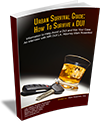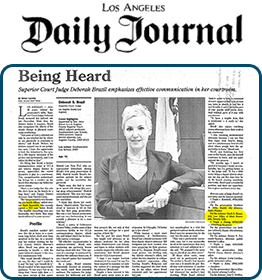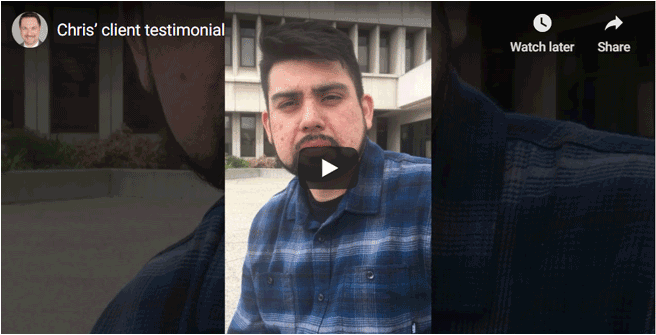A person who had been stopped and arrested for driving under the influence would often wonder whether or not they should hire a DUI defense attorney and whether it would actually be worth it. The short answer is yes, it would absolutely be worth it to hire an attorney. Being arrested for driving under the influence would not be like getting a ticket for speeding or running a stop sign, because it would be a serious misdemeanor charge where the person could face potential jail time even for a first time DUI.
A lot of procedures need to be followed and the case needs to be handled correctly in order to get the very best possible result. Sometimes people try to do it themselves to save money, whereas in reality, it actually ends up costing them more money when they try to do something like this themselves. The court system can have all sorts of unintended consequences for somebody who had been convicted of driving under the influence, and then there are also the Department of Motor Vehicles case that would need to be dealt with.
Someone who tried to do it themselves would have to go to court themselves, which would mean they would have to take off time from work or school and there would be costs associated with that. There would always be a certain level of anxiety or stress involved with a DUI and there would always be fines and fees that would need to be assessed for somebody who had been arrested and convicted of driving under the influence.
An attorney would be able to not only guide their client through the process, but they would also be able to take the steps that would be necessary to minimize the risk and minimize the exposure of possible penalties for a particular case. In many instances, a good attorney would be able to get charges reduced or dismissed which would further save not only money but stress and aggravation, and it would be able to keep the person’s record as clear and clean as possible.
All sorts of unintended consequences could happen for somebody who did not have a lawyer on their side when they are unaware of possible consequences such as community labor issues, how it would affect their insurance, and, of course, the biggest fear would always be potential jail time.
Handling a Department of Motor Vehicle’s case would also come along with a DUI. Many people are unaware of the rules and regulations at the Department of Motor Vehicles and they are unaware of the issues so they do not know what can and cannot, or should or should not be argued at a DMV hearing to make sure they could get the best possible result in their case.
The person should not question whether or not they should hire an attorney, because they most definitely should, just like they would need to make sure they went to a doctor if they had a medical condition so they could get it evaluated. They would not want to go to a doctor who was a general practitioner if they had a specific medical injury; they would want to go to somebody who focused on that injury, on that specialty, and who would be able to get them the best possible outcome.
It would be the same thing if someone needed to get their car repaired or if they needed to get work done on their car, because they would not want to take it to a general shop if they had a specialty car like a BMV, Mercedes, or something like that. They would prefer to take it to a shop that specialized in that type of repair because they would then be able to get the best result possible. It might cost a little bit more to do that, but it would ensure that the end result was a better and longer-lasting result, which would be a very good reason why someone should get an attorney.







 Personal Attention
Personal Attention Every criminal case is unique and no attorney can guarantee the outcome of a case. The information on this site is legal advertising and for general information only. Using this site, requesting books, information, consultations or communicating with Attorney Rosenfeld through its site does not form an attorney/client relationship.
Every criminal case is unique and no attorney can guarantee the outcome of a case. The information on this site is legal advertising and for general information only. Using this site, requesting books, information, consultations or communicating with Attorney Rosenfeld through its site does not form an attorney/client relationship.








